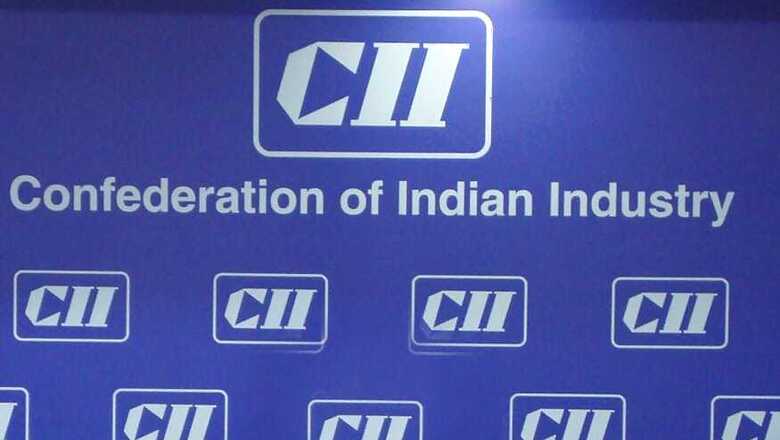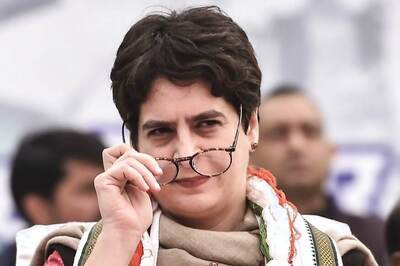
views
New Delhi: Industry body Confederation of Indian Industry (CII) on Sunday said states should have the power to determine minimum wages as the concept of a national minimum wage will affect job creation.
According to sources, the Labour Ministry is likely to seek Cabinet approval for the Code on Wages Bill next week as it pushes for its passage in the ongoing Parliament session.
CII says minimum wages fixed by states should be based on three criteria - geographic location, skill and occupation. However, it cannot be lower than the minimum wage fixed by the Centre.
"The concept of a national minimum wage will affect job creation, so it is necessary to give states power to fix their own minimum wages," CII said.
The industry chamber suggested that the government should fix minimum wages of unskilled workers. However, wages of skilled and semi-skilled labour force should be determined by market forces.
The Code on Wages Bill provides that the central government will fix minimum wages for certain sectors, including railways and mines, while states would be free to set minimum wages for other category of employments.
The Code also provides for setting of a national minimum wage. The central government can set separate minimum wages for different regions or states.
The draft law also says that the minimum wages would be revised every five years.
Besides, CII called for a comprehensive National Employment Mission and setting up of an inter-ministerial and all-state National Employment Board to drive job creation in the country.
The chamber suggested that the government should set up a National Employment Board that would include representatives of key ministries, state governments, industry experts, and trade unions and other stakeholders to look into employment creation hurdles and address them on a real-time basis.
To encourage more women to participate in the workforce, CII recommended providing child care and maternity benefit subsidies under the Maternity Benefit Amendment Act.
While industry is not asking for a hire-and-fire policy, a more flexible labour regime would enable India to align with multiple global trade challenges at a time when other nations are attracting new investments, said CII.
"Employment generation extends to multiple dimensions and a national mission is required to address all aspects holistically. The National Employment Mission should include flexibility in hiring, tax incentives, education and skill development and promotion of labour-intensive sectors," CII Director General Chandrajit Banerjee said.
CII outlined a five-point agenda for the Budget to be unveiled on July 5 by Finance Minister Nirmala Sitharaman.
It suggested that states which introduce Fixed Term Employment and other labour law reforms should receive priority in new central government infrastructure project funding.
Besides, the wage threshold should be increased to Rs 25,000 from the current Rs 15,000 under Prime Minister's Rozgar Protsahan Yojana, which provides for government contribution to EPF and EPS for new employees for three years, applicable to workers earning less than Rs 15,000, said CII.
The chamber also recommended that corporate income tax rebates should be considered for enterprises employing over a certain number of formal workers, observing that such a move will add to investible resources while incentivising hiring.
It suggested that skill vouchers and skill wallets may be provided for boosting skilling, among other suggestions.




















Comments
0 comment